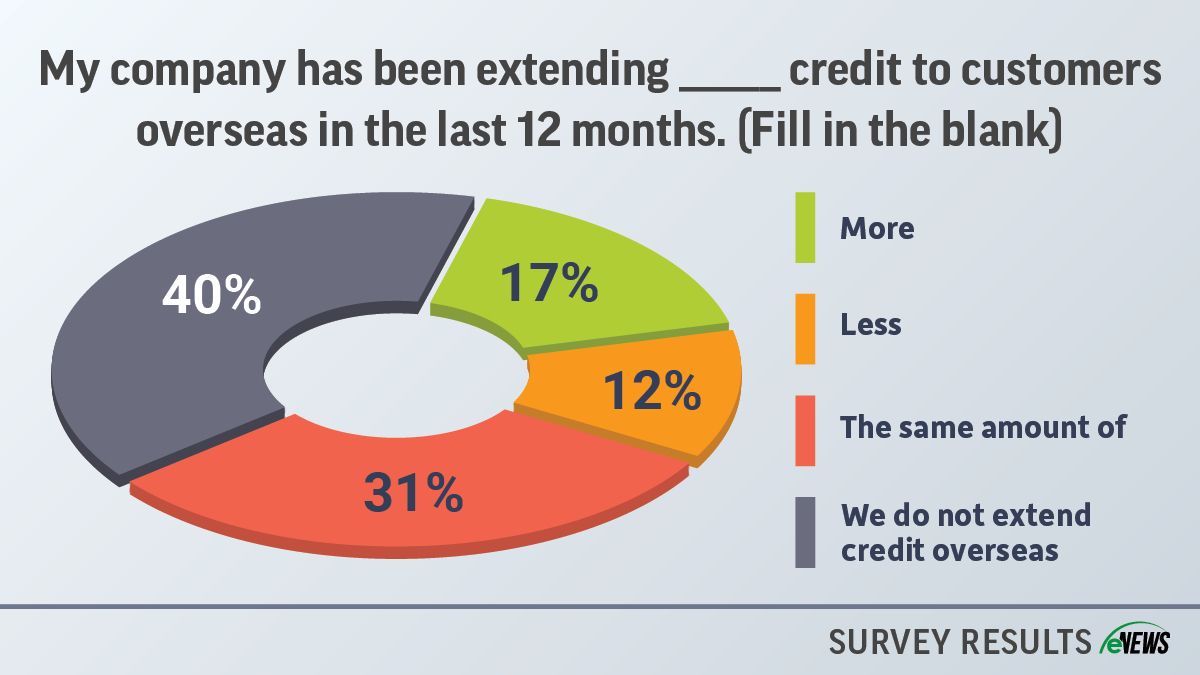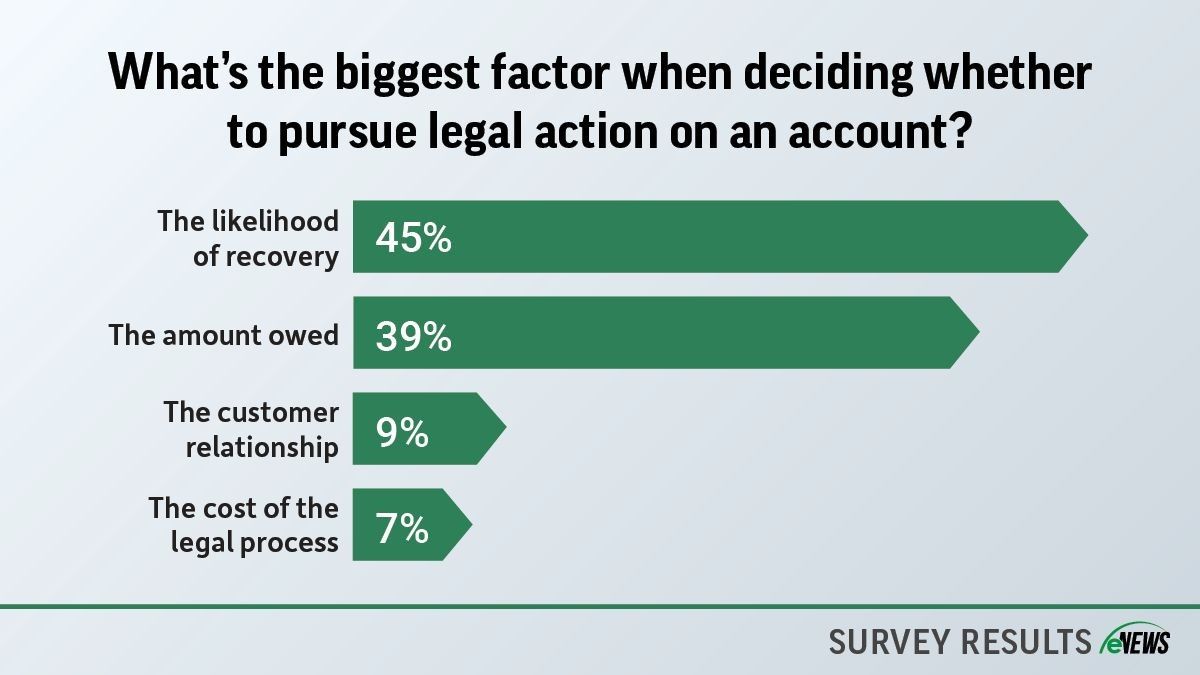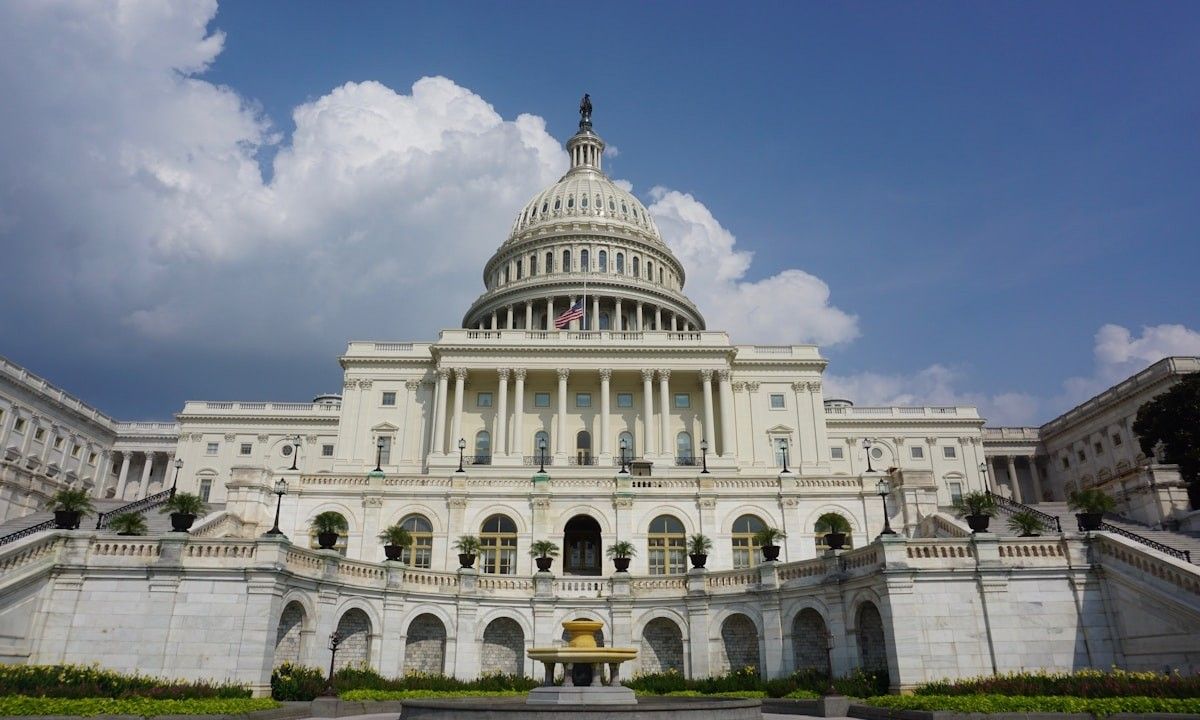eNews, International
Geopolitical tensions impact credit risk

Credit professionals who work with international customers face a number of challenges—whether through a clash of cultural customs and norms or even ways of conducting business.
Why it matters: When geopolitical tensions are higher than usual, risk shifts to the customer’s ability to pay.
Growing geopolitical tensions are reshaping the global landscape, creating new risks and uncertainties for businesses and economies worldwide. The increasing friction between major global powers threatens to disrupt international trade, supply chains, and economic stability, impacting industries across the board. This includes:
- Russia-NATO tensions. The Russia-Ukraine conflict has created a humanitarian crisis and greater risk exposures in capital flows, trade and commodity markets globally.
- Israel-Hamas conflict. The ongoing Israel-Hamas conflict has added another layer of geopolitical risk, impacting trade dynamics and financial markets in the region.
- U.S.-China competition. The relationship between the U.S. and China has become more complicated in recent years. Both countries are committed to achieving the same goal of competing responsibly with each other, however, the risk of hardening relations remains.
- Deglobalization. Nationalism and populist movements in recent years have created an environment of increasing uncertainty and could potentially lead to deglobalization: the reversal or slowdown of globalization. Deglobalization can play a role in worsening these risks by working against the integration of the world’s economies and societies.
- Climate change. Climate can affect national security and global stability through extreme weather events, species extinction, rising sea levels and growing poverty in developing countries. Water scarcity has raised tensions between countries such as Turkey, Syria and Iraq.
- Energy security. Having available and accessible energy resources is important for a country’s economic development. After losing access to Russian gas for households and industries, Europe is taking on a significant challenge. European energy security has been under threat since Russia’s invasion of Ukraine.
As credit professionals navigate the shifting tides of geopolitics, staying informed and adaptable is key to managing risks effectively in an ever-changing global landscape.
What they’re saying: “We have been extending a little bit more credit in Canada and equal or less in Mexico in the last year,” said Ryan Steiner, corporate credit manager at Olympic Steel, Inc. (Bedford Heights, OH). “Market slowdowns are typically the main requests for terms extensions, and both are still feeling the aftershocks of post-covid market alignments.”
International credit can be riskier than domestic credit in terms of financial protection and security. With external factors impacting the economy such as high interest rates, cash flow can become collateral damage. Other factors in result of the pandemic also play a key role in longer payment term requests from customers.
“We are experiencing ongoing requests for longer payment terms from our existing and new customers alike,” said Jessica Riviere, CICP, senior director of credit and collections at BDP International, Inc. (Philadelphia, PA). “They now see the high costs associated with transportation and subsequently goods because of the pandemic, so seeking extended terms allows companies to better manage their working capital. There have been increased cost in raw materials and supplies, supply chain shortages, resource costs and constraints.”
Yes, but: One of the benefits to extending payment terms is the ability to support different customers across different industries. “Whether it’s a freighter blocking the Panama Canal or fuel shortages in Russia, any time a major link in the global supply chain is in jeopardy, it seems reasonable to expect a trail of slowing payments in the following months,” Steiner said. “But long-term business relationships go a long way toward justifying any changes or extensions in terms.”
The bottom line: Credit managers should carefully observe shifting geopolitical situations and issues that can affect their global customers—assessing the right amount of credit and terms to mitigate nonpayment risk.





